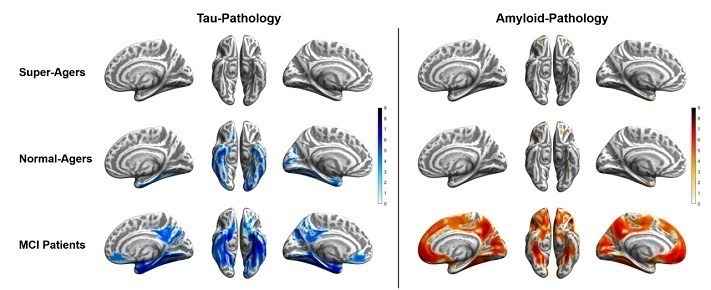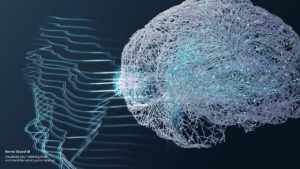Update: Should candidates to high office should pass a cognitive/ mental fitness test?
 Wow, that was a couple of very insightful discussions, via social media no less.
Wow, that was a couple of very insightful discussions, via social media no less.
#1. The first one was about whether heads of state and candidates to high office should pass a cognitive/ mental fitness test. Click HERE to read and discuss some of the sharpest comments, such as…
- “I wonder what brought this up.”
- “Definitely. We routinely screen applicants for a wide range of jobs.”
- “Then the balance of political power would shift towards the designers of those tests.”
- “That’s what debates are for.”
- “Yes, but probably nobody would pass it.”
- “No, because if we can’t judge that for ourselves, then what business do we have voting at all?”
#2. The second debate centered on the future of mental health: In ten years, will we see DSM‑6 or Something Much Better (SMB‑1)? Would you say “Something better hopefully” or “Well considering we approach mental health from a disease model.…that’s the first problem” or “DSM is a tool, and a very useful one. As any other tool it depends on the use you make of it,” or something else.
Welcome to a new edition of SharpBrains’ e‑newsletter, featuring as always new thinking, research and tools for lifelong brain health and mental fitness.
 #4. Let’s understand how to increase resistance to tau and amyloid proteins so we can all become “super-agers.” Brain scans show lower accumulation of tau and amyloid pathology among cognitive “super-agers”
#4. Let’s understand how to increase resistance to tau and amyloid proteins so we can all become “super-agers.” Brain scans show lower accumulation of tau and amyloid pathology among cognitive “super-agers”
#5. For example: Jobs with low physical stress and good working conditions linked to larger hippocampus and better memory
#6. Wanted: 30,000 volunteers! Large UC study to investigate when and how brain training transfers (or does not) to broader cognitive and health benefits
#7. Timely questions: “How common are neurological and psychiatric complications in patients with COVID-19? What proportion of neurological and psychiatric complications affect the (central nervous system) versus the peripheral nervous system, and are novel syndromes emerging? And who is most at risk?” Survey finds ischaemic stroke and altered mental status as most common neurological complications in severe COVID-19 cases
 #8. “Our mind is one of the only things that we cannot consistently measure and quantify. And humans do remarkable things when we can measure something.” Kernel raises $53 million to ease access to rich neural data and market Neuroscience as a Service (NaaS)
#8. “Our mind is one of the only things that we cannot consistently measure and quantify. And humans do remarkable things when we can measure something.” Kernel raises $53 million to ease access to rich neural data and market Neuroscience as a Service (NaaS)
#9. “We are taking proven cognitive behavioral therapies and fully automating them to deliver the care scalably and consistently as drugs.” Startup Big Health raises $39M to universalize access to cognitive behavioral therapy (CBT) for anxiety and poor sleep
 #10. Building on Bill Gates’ original goal of ‘a computer on every desk,’ perhaps it’s time for ‘real-time mental health support on every phone.’ Microsoft announces support for three innovative mental health services harnessing artificial intelligence (AI)
#10. Building on Bill Gates’ original goal of ‘a computer on every desk,’ perhaps it’s time for ‘real-time mental health support on every phone.’ Microsoft announces support for three innovative mental health services harnessing artificial intelligence (AI)
#11. Resonance. Empathy. Awareness. Compassion. Hope. And our favorite… Humor. Six tips to help regulate stress levels in our organizations
#12. Finally, a fun brain teaser. What do you see, rectangles or circles?
Wishing you a good and safe August,
The SharpBrains Team


